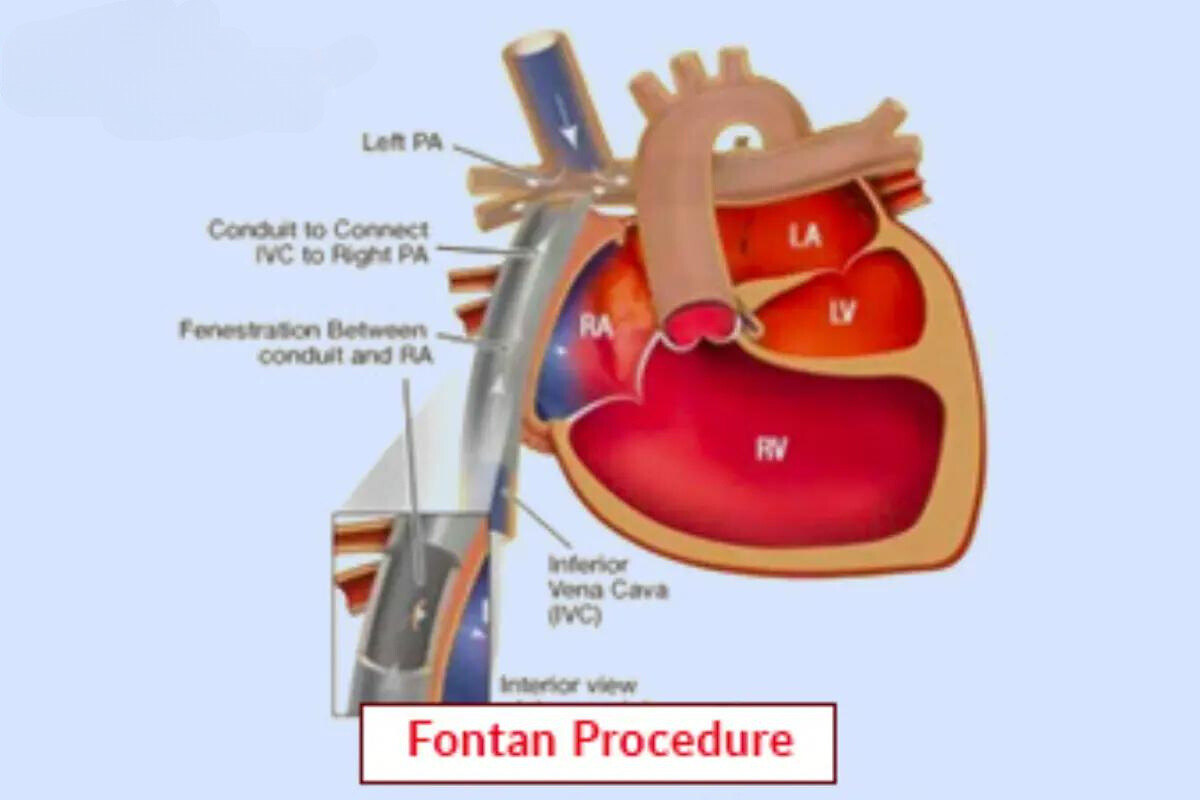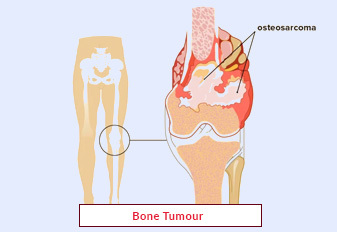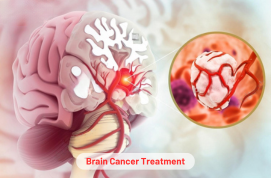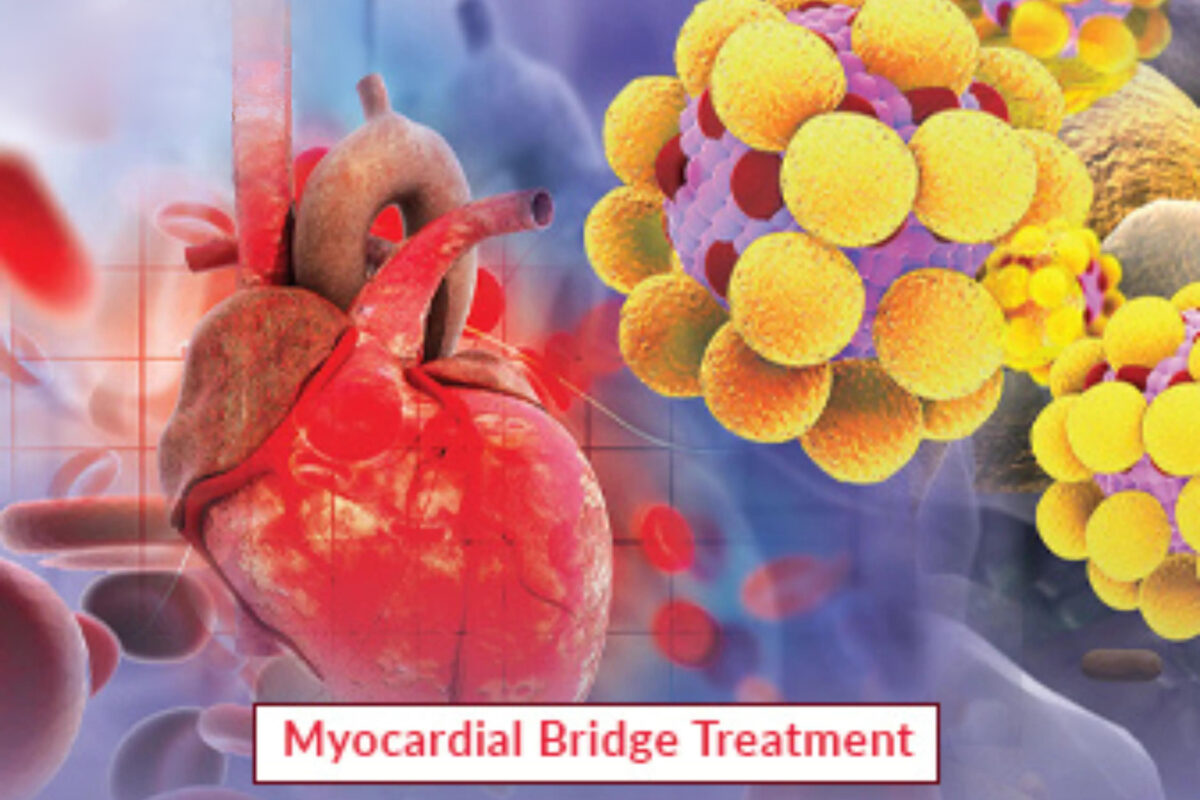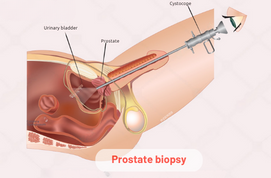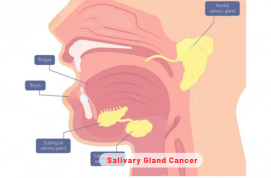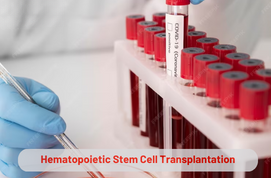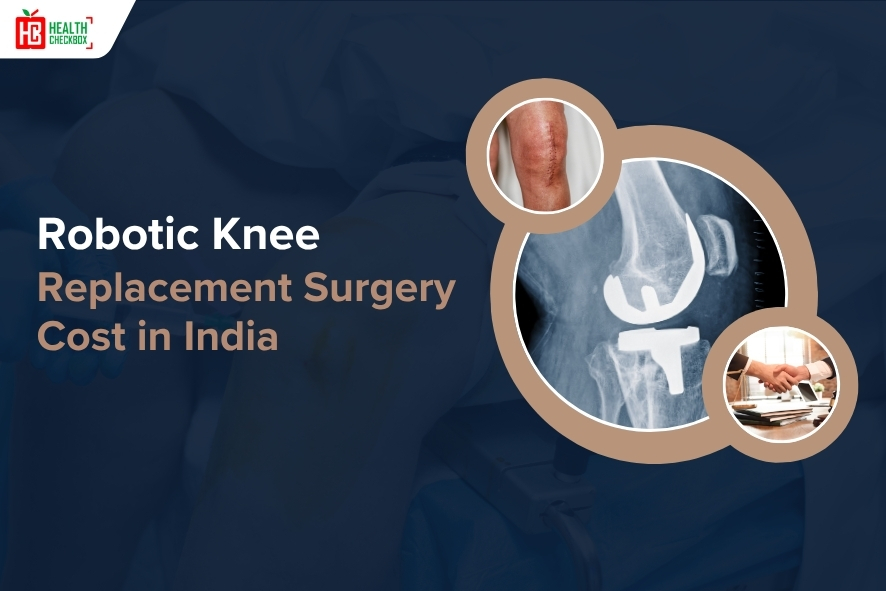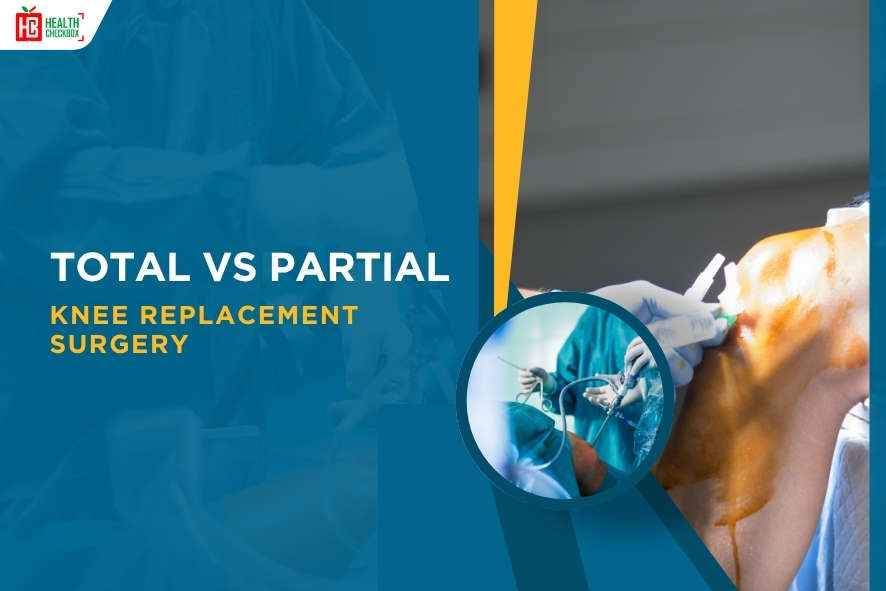A condition where women’s ovaries are badly affected due to over development of cancerous cells called Ovarian cancer. It is a kind of cancer that starts developing in the ovaries, which is the female’s reproductive system of a woman. Its work is to produce eggs every month. Ovarian cancer in women’s ovaries frequently goes undiagnosed until it begins to spread to the pelvis and abdomen and exhibit specific symptoms. Common signs of ovarian cancer include bloating stomach pain, trouble eating and frequent urination and urinary tract infections.
Risk factors for this cancer include age, family history, hormone replacement therapy and genetic mutations. Although, women can reduce their risks by maintaining a healthy lifestyle, scheduling regular checkups and learning about their family history. In order to detect ovarian cancer early and increase survival rates they must become more knowledgeable about its symptoms. Women who are concerned about their reproductive health can consult with us. All you have to do is schedule an appointment and our skilled gynecologic surgeon and medical professionals will give you the best health advice possible.
Causes of Ovarian Cancer
Medical professionals say that while the precise cause of ovarian cancer is still unknown a number of risk factors are known to play a role in its development.
1. Genetic Mutations: When inherited mutations like those in the BRCA1 and BRCA2 genes occur the risk of developing ovarian cancer is significantly increased. If a woman has a family history of breast or ovarian cancer her chances of developing the disease are increased.
2. Age: Women over 50 are more likely to get ovarian cancer especially after menopause. Growing older raises the risk particularly for women in their 60s and 70s.
3. Reproductive History: Ovarian cancer risk may be increased in women who have never conceived or who have experienced infertility. Conversely taking birth control pills for a long time or becoming pregnant more than once may lower the risk.
4. Hormone Replacement Therapy (HRT): Long-term use of hormone replacement therapy especially estrogen-only therapy may raise the risk of ovarian cancer according to some research especially in postmenopausal women.
5. Family History and Genetics: The risk is higher for women who have a family history of colorectal breast or ovarian cancer. Ovarian cancer risk is also increased by genetic syndromes such as Lynch syndrome.
6. Endometriosis: Women who have endometriosis, a disorder in which tissue resembling the lining of the uterus grows outside the uterus, are more likely to develop ovarian cancer particularly endometrioid cancer.
Symptoms
Following are the common symptoms of ovarian cancer:
- Pelvic or Abdominal pain
- Discomfort and excessive bloating
- Loss of appetite
- Abnormal bleeding
- Vaginal discharge
- Diarrhea
- Constipation
- Swelling around abdomen
- Frequent urination
Stages of Ovarian Cancer
Ovarian cancer is categorised in four stages which are briefly given below:
Stage I: There are three sub-stages within this stage: Stage IA Stage IB and Stage IC. Here only a single ovary or fallopian tube got cancer in the first substage. Cancer in the fallopian tubes or both ovaries is present in stage IB. Stage IC is the term for cancer that develops in both ovaries or fallopian tubes and occurs outside the ovary.
Stage II: There are several more stages that make up Stage II. At Stage IIA the cancer has reached to your uterus and ovary as well. When the cancer reaches Stage IIB it has spread to other pelvic structures in the vicinity. .
Stage III: There are three substages within this stage. When the cancer is in Stage IIIA it has either microscopically spread to the abdomen or to lymph nodes. The tumor is up to 2 centimeters in size and has spread outside of your pelvis or inside your lymph nodes in the second sub-stage (Stage IIIB). In Stage IIIC the cancer has spread outside of your pelvis and is larger than two centimeters though it may still be inside your lymph nodes. It may now affect other organs such as your spleen and liver.
Stage IV: It is the most advanced stage of cancer. At this point the cancer has progressed to the interior of organs like the spleen and liver. In Stage IVB the cancer has spread to your chest or groin lymph nodes while in Stage IVA it can also be located near to the lungs.
Diagnoses
Experts have been researching ovarian cancer for years but they have not yet created a reliable screening test. Because of this the illness is frequently challenging to identify in its early stages. Your doctor will conduct a pelvic exam and inquire about your symptoms if they suspect ovarian cancer. They will examine the patient for any enlarged organs or abnormal growths.
1. Imaging tests
Providers may recommend several imaging tests, including:
- Pelvic ultrasound.
- MRI
- CT scan
- PET scan
2. Blood tests for Ovarian Cancer
CA-125 is a chemical that is searched for in blood tests. Elevated blood CA-125 levels may indicate cancer. On the other hand CA-125 levels can be elevated in many non-cancer conditions and remain normal even in cases of cancer. As a result when diagnosing ovarian cancer medical professionals combine blood tests with other procedures
3. Surgical evaluation
While performing surgery medical professionals can identify ovarian cancer. The same procedure is usually used to remove any abnormal growths that are discovered.
4. Laparoscopy
A laparoscope is a thin camera inserted through a tiny abdominal incision during laparoscopic surgery. The surgeon can evaluate the cancer, perform staging biopsies and in certain cases remove ovarian tumors using the scope as a guide and extra ports to hold instruments.
Ovarian Cancer Treatments
The treatment methods for treating ovarian cancer depends on its type, stage, and the patient’s overall condition however, the illness standard treatments are:
- Surgery: When a patient is diagnosed with ovarian cancer the early suggested treatment is surgery. It is usually the first line of treatment for healing the condition. The oncologist’s main task during surgery is to decline the tumor along with as much of the surrounding tissues that are affected by the cancerous cells. A hysterectomy and the removal of the fallopian tubes and ovaries are frequently recommended in the advanced stage of the cancer.
- Chemotherapy: After surgery chemotherapy is usually performed to eliminate any cancer cells that may remain after surgery. Although, drugs that target rapidly dividing cells, a characteristic of cancer, are also used in this process.
- Targeted Therapy: Targeted treatments like Bevacizumab (Avastin) are made to target particular molecules that contribute to the development of cancer cells. Generally speaking these treatments have fewer adverse effects than conventional chemotherapy.
- Immunotherapy: In order to combat cancer this advanced treatment strengthens the body’s defense mechanism to fight against cancer. Certain ovarian cancer cases, especially those with specific genetic mutations like the BRCA mutation have been demonstrated to respond well to medications like pembrolizumab (Keytruda).
- Hormonal Therapy: Hormonal therapy can be used to stop some types of ovarian cancer from using hormones to grow, especially those that are estrogen-sensitive.
- Radiation Therapy: Radiation therapy is not often used for ovarian cancer but it can be used in some situations to reduce tumor size or ease symptoms of advanced cancer.
Our Other Services
Latest Health Tips
Asthma vs Bronchitis
Cochlear Implant vs Hearing Aid
Heart Transplant vs Kidney Transplant
Robotic Knee Replacement Surgery Cost in India
Hernia VS Diverticulum: Complete Guide
Total vs Partial Knee Replacement Surgery
Limb Lengthening Surgery Cost in India: Cost Comparison
10 Best Countries for Knee Replacement Surgery: Affordable & Top-Rated Options
Submit Your Enquiry
Testimonials









